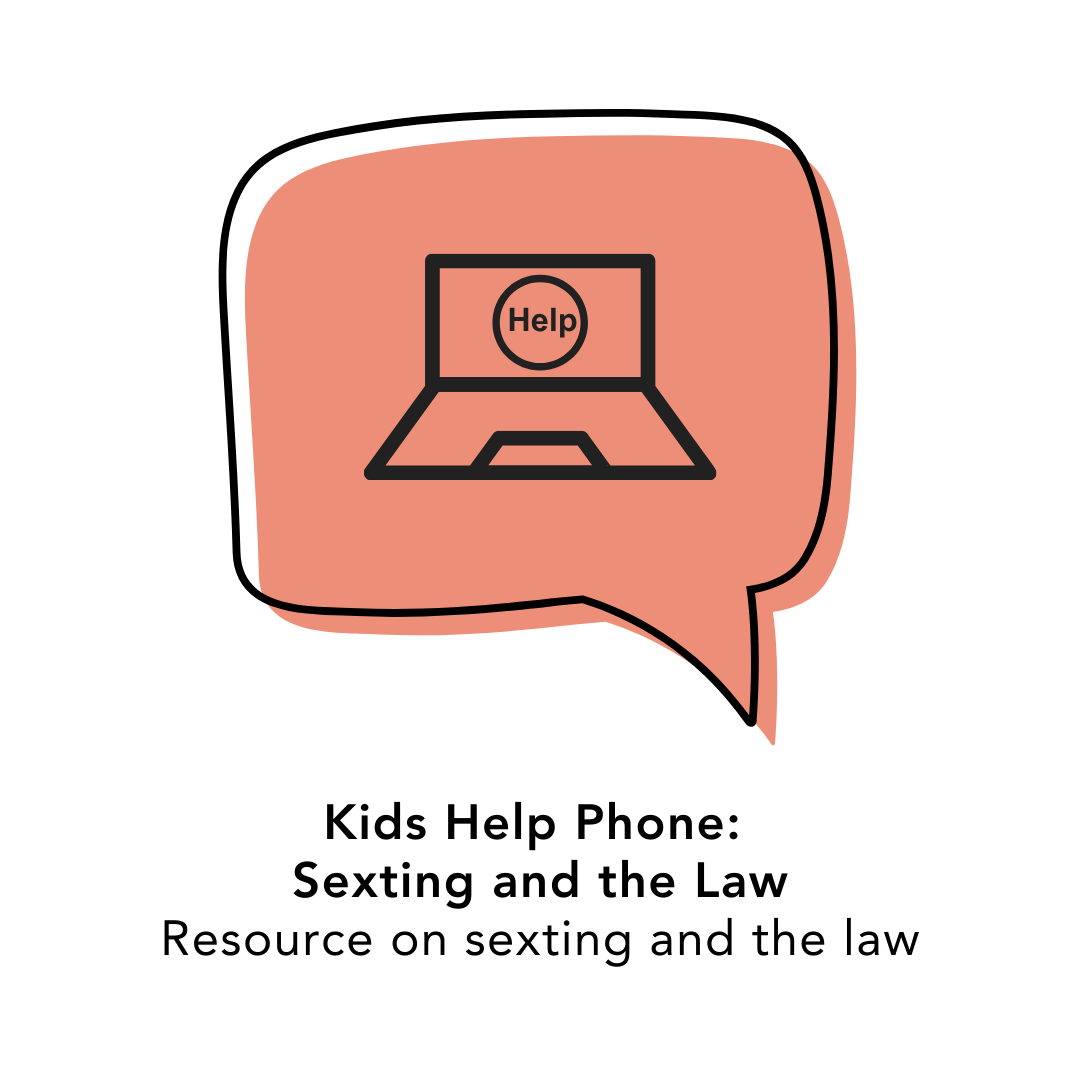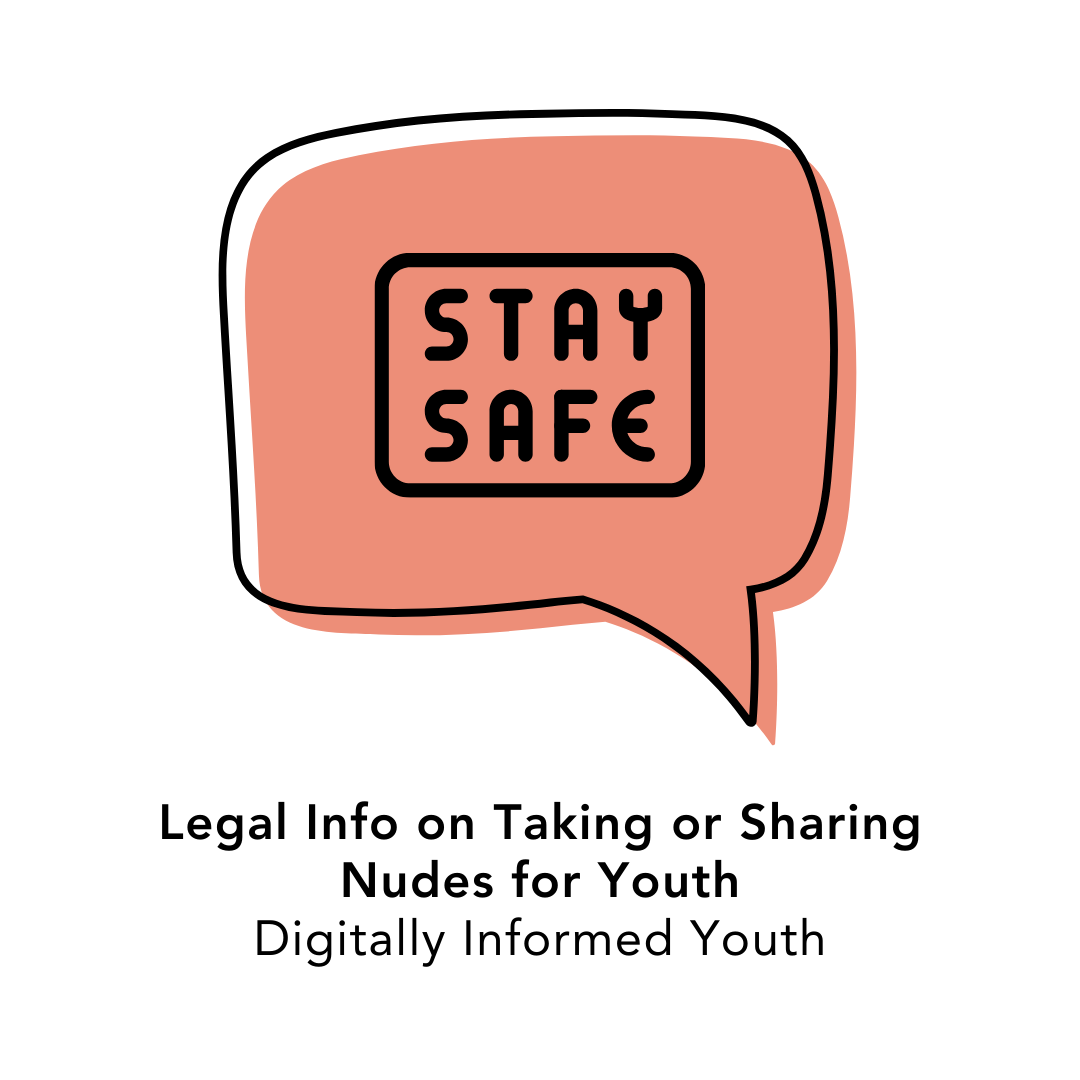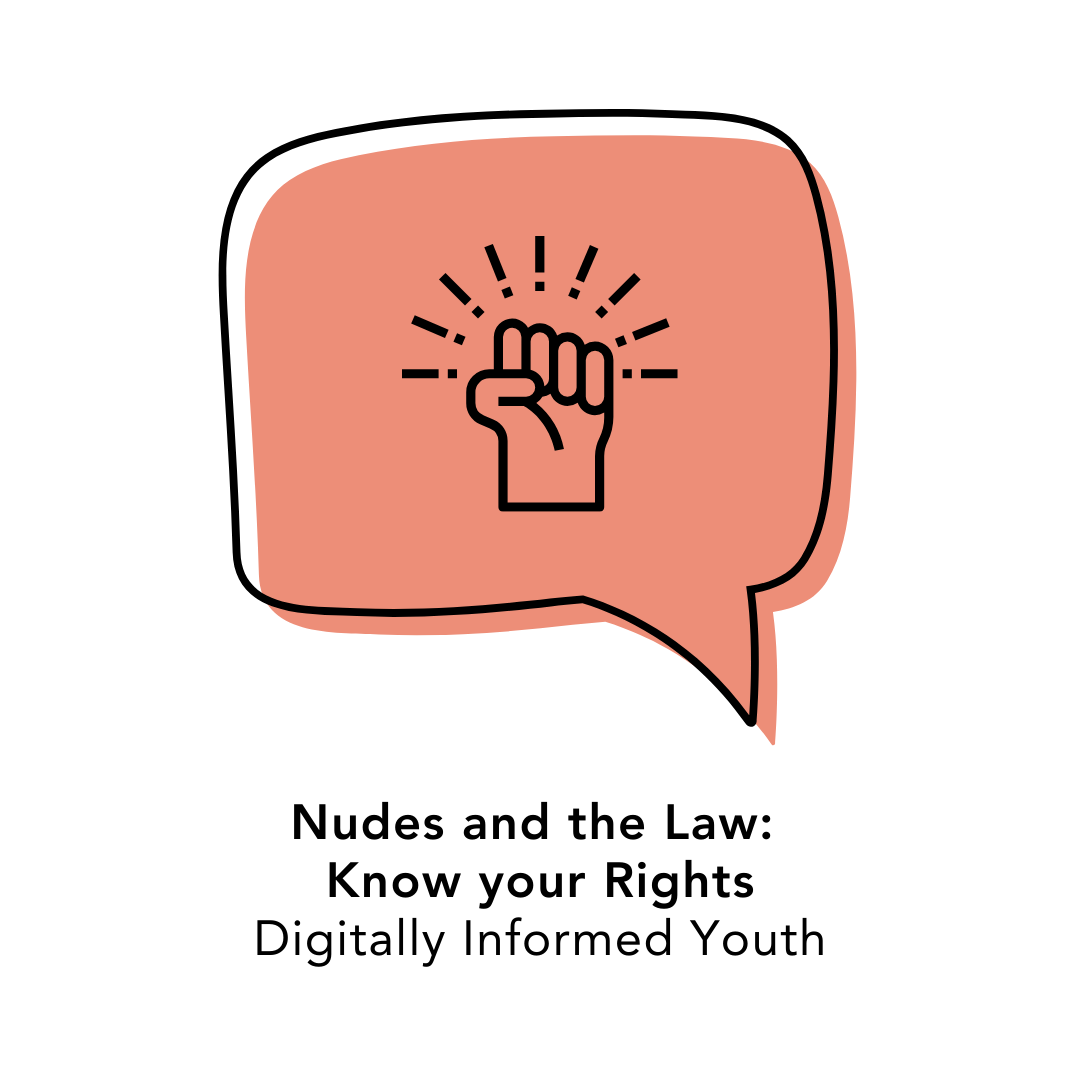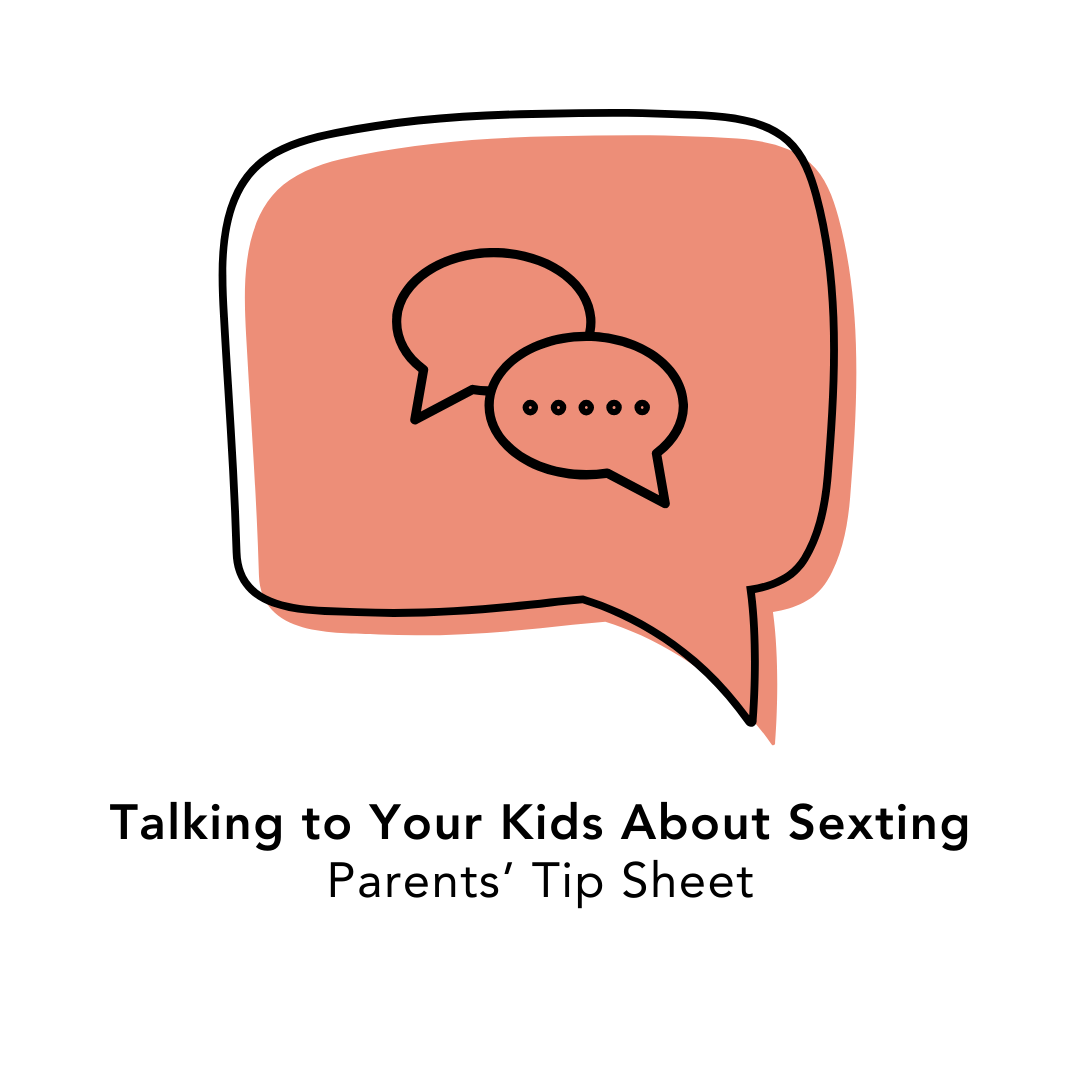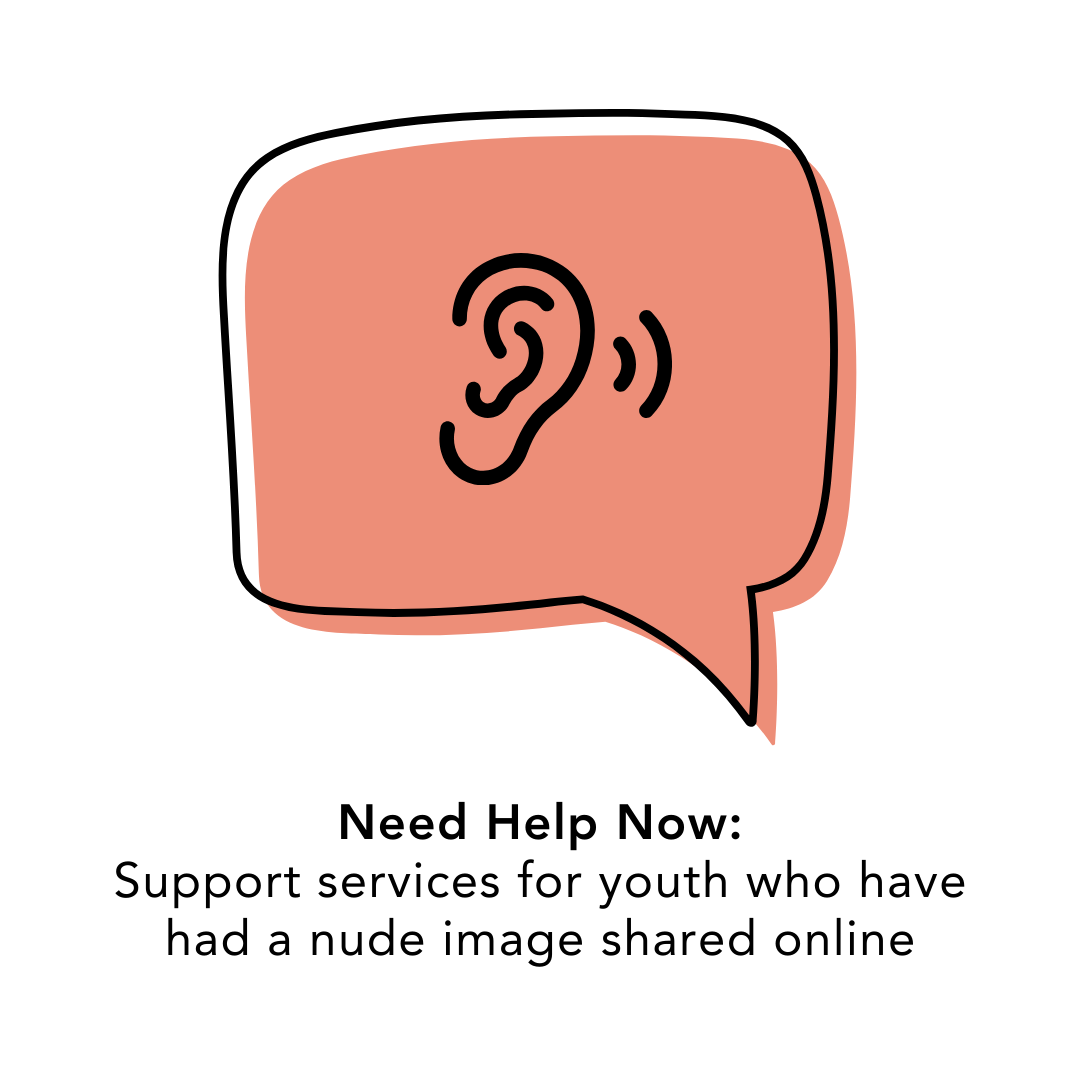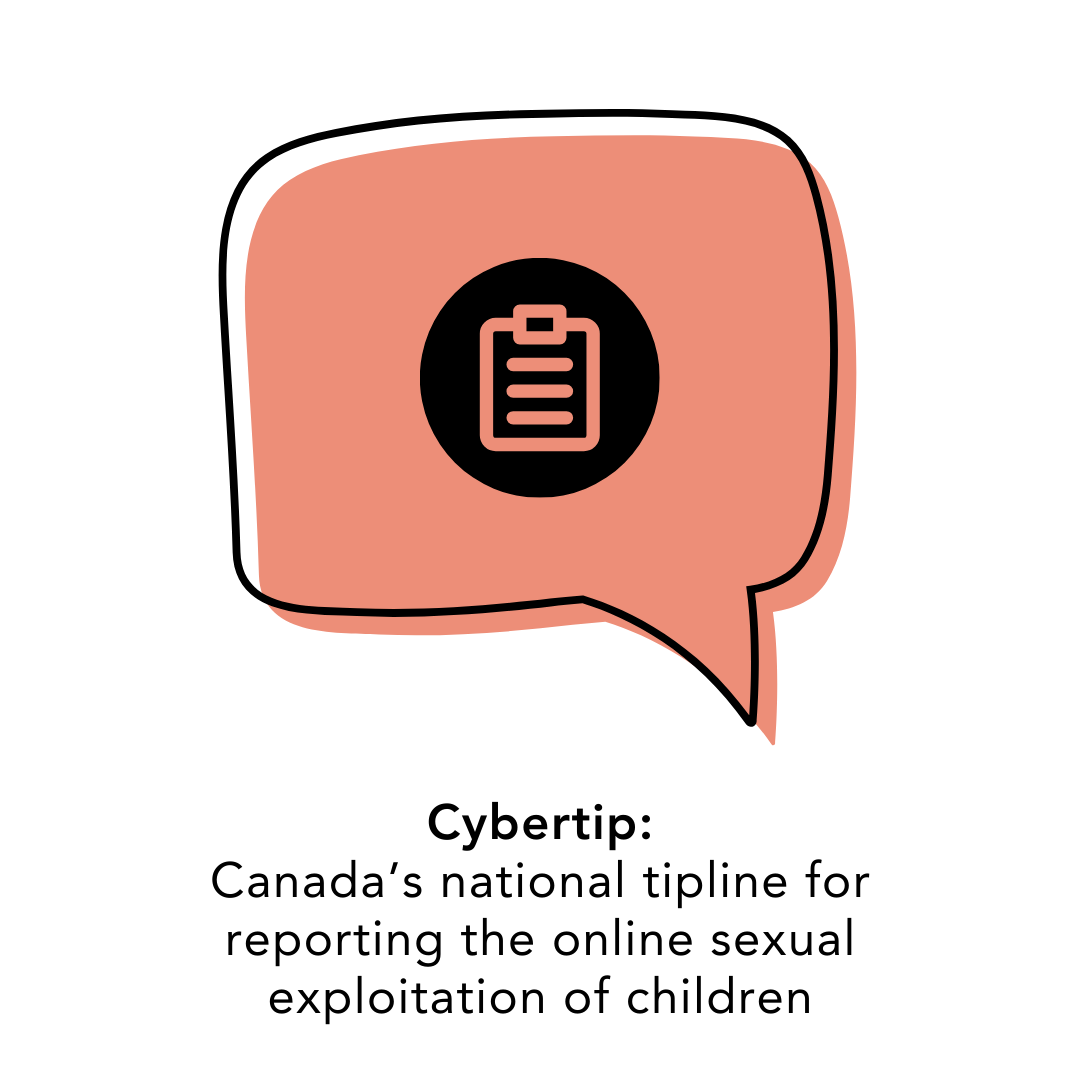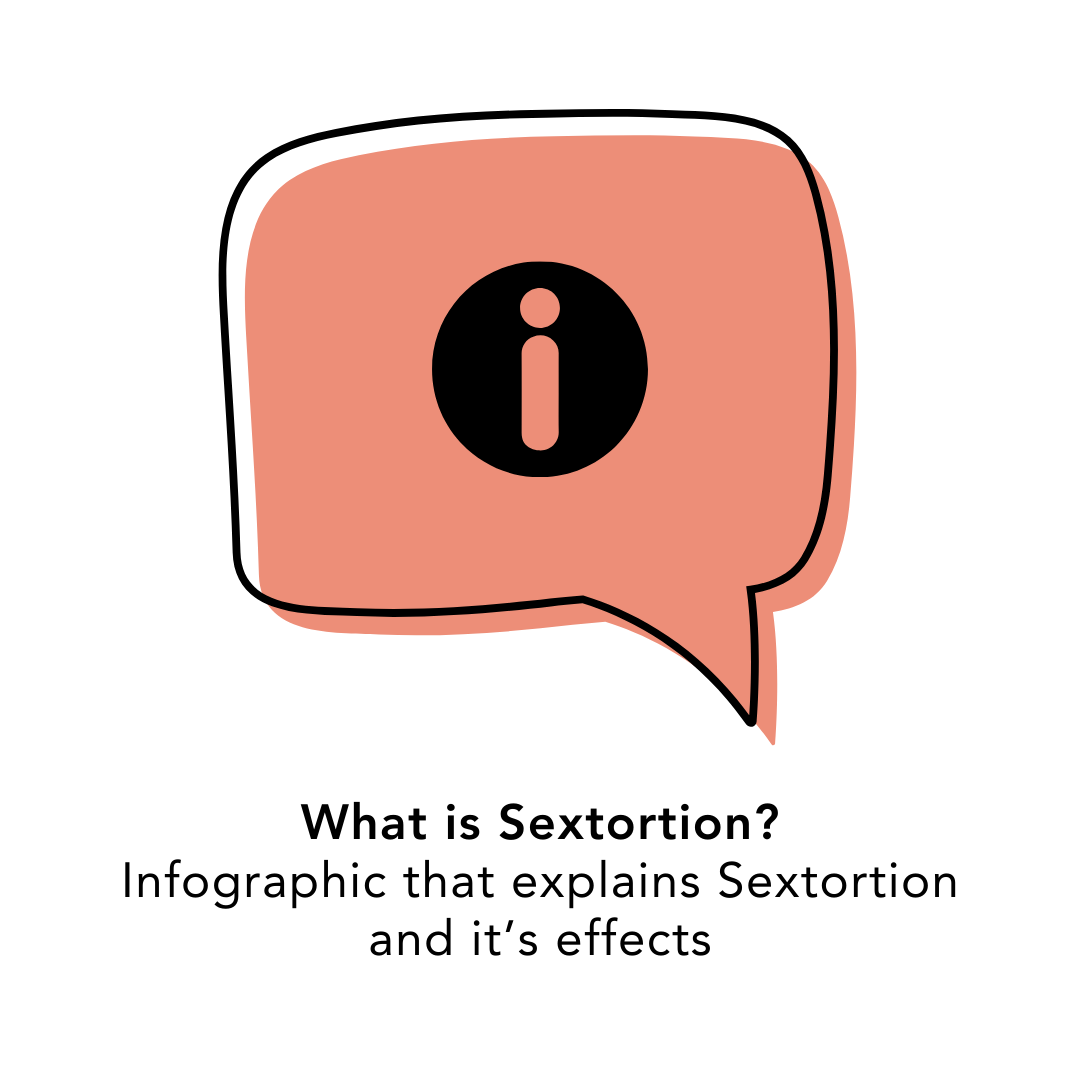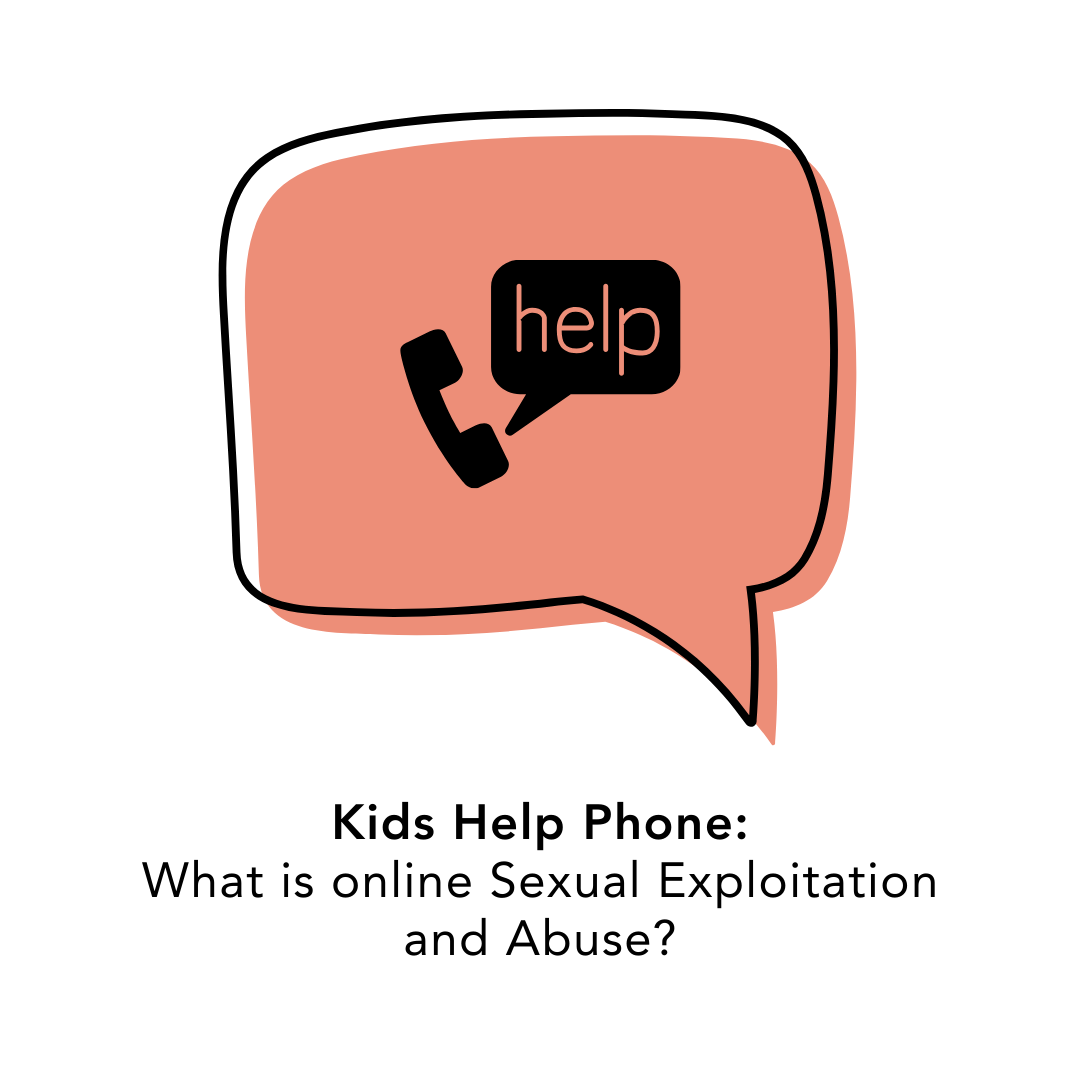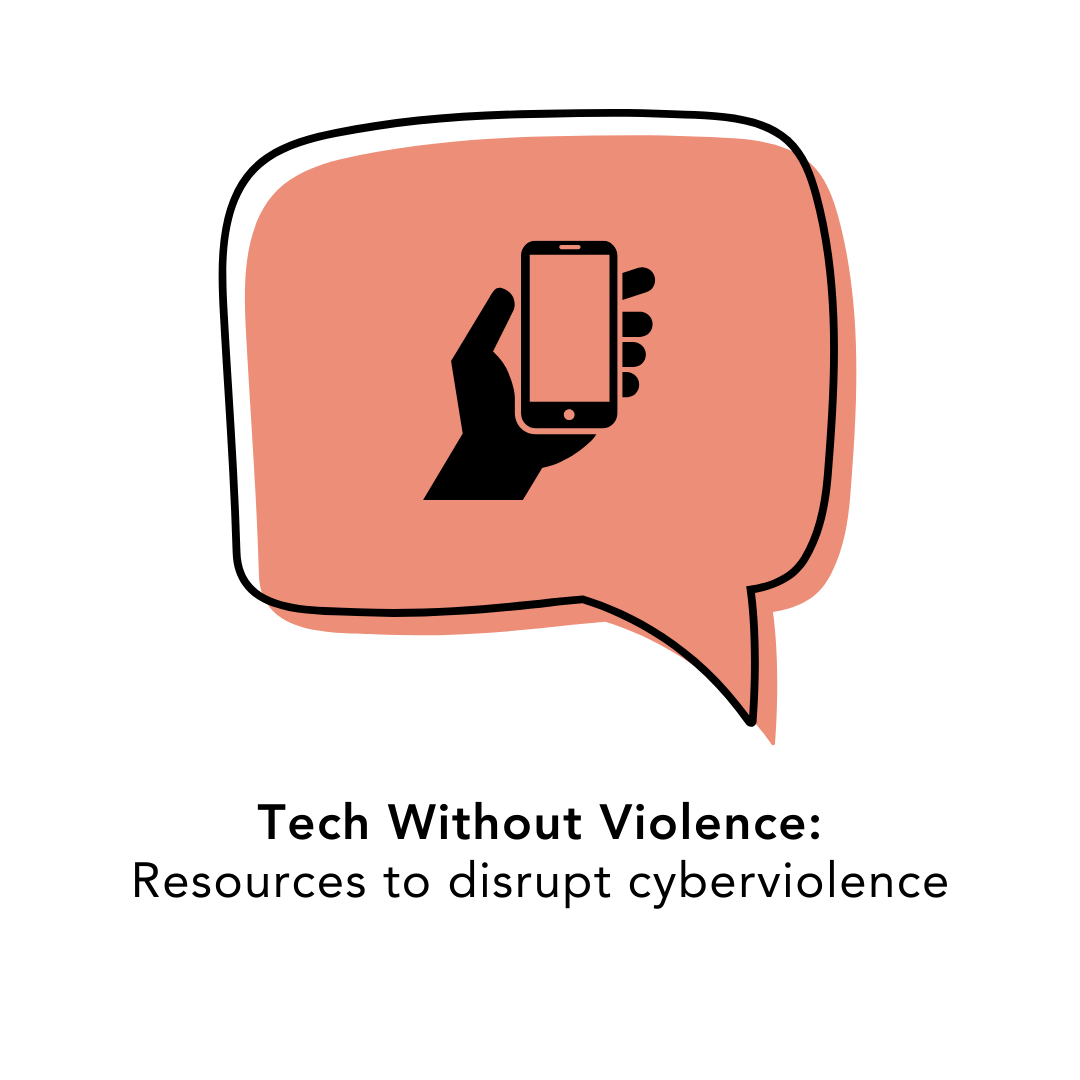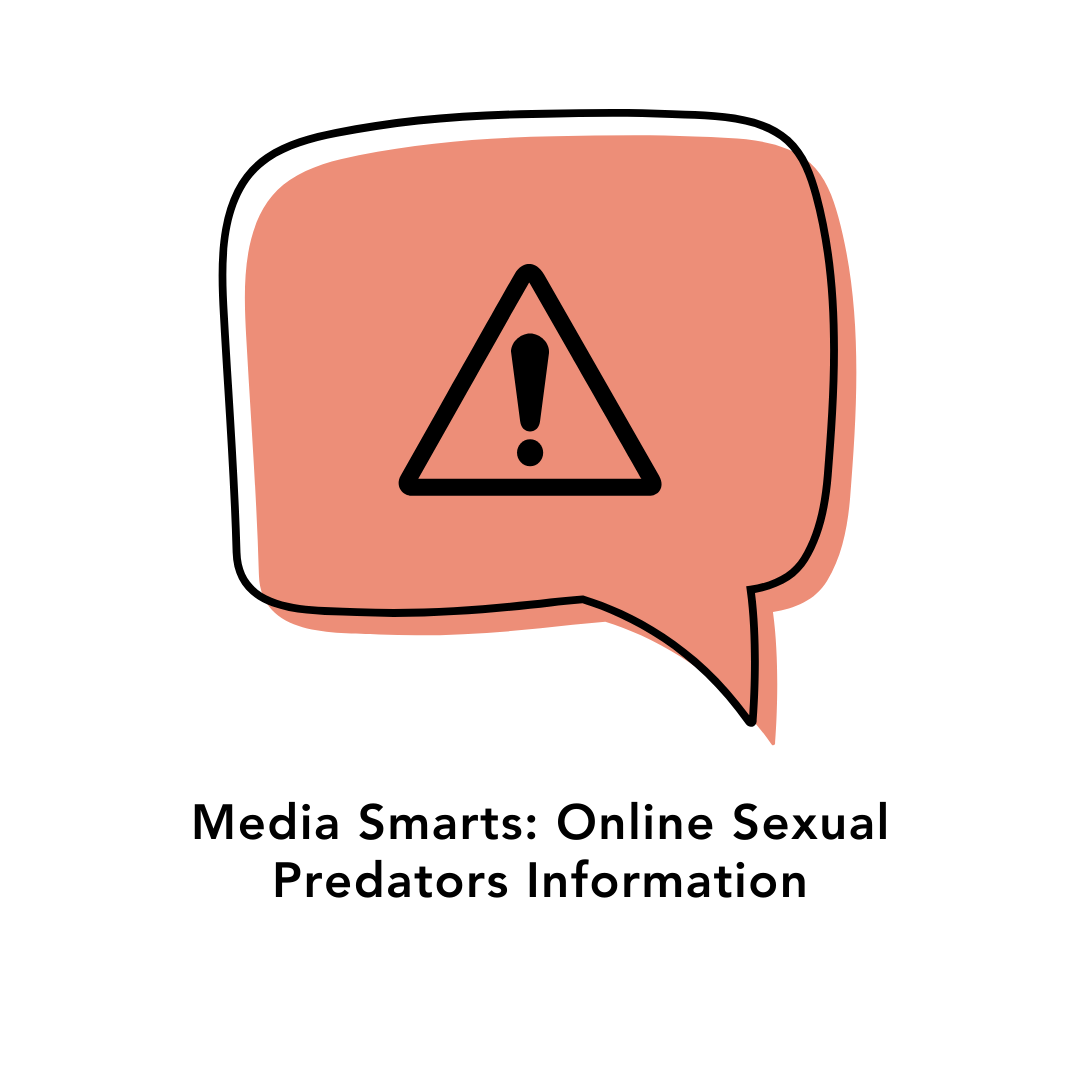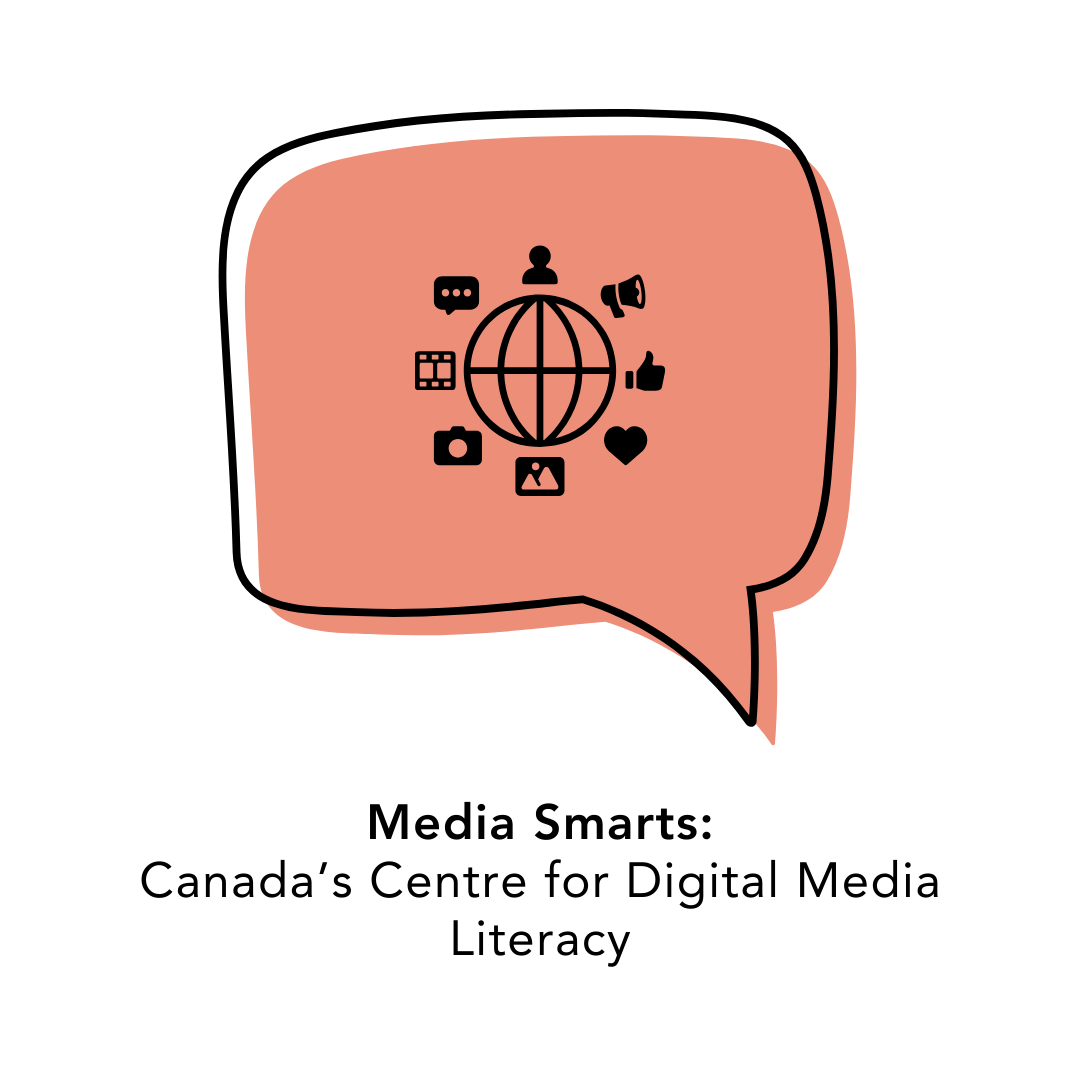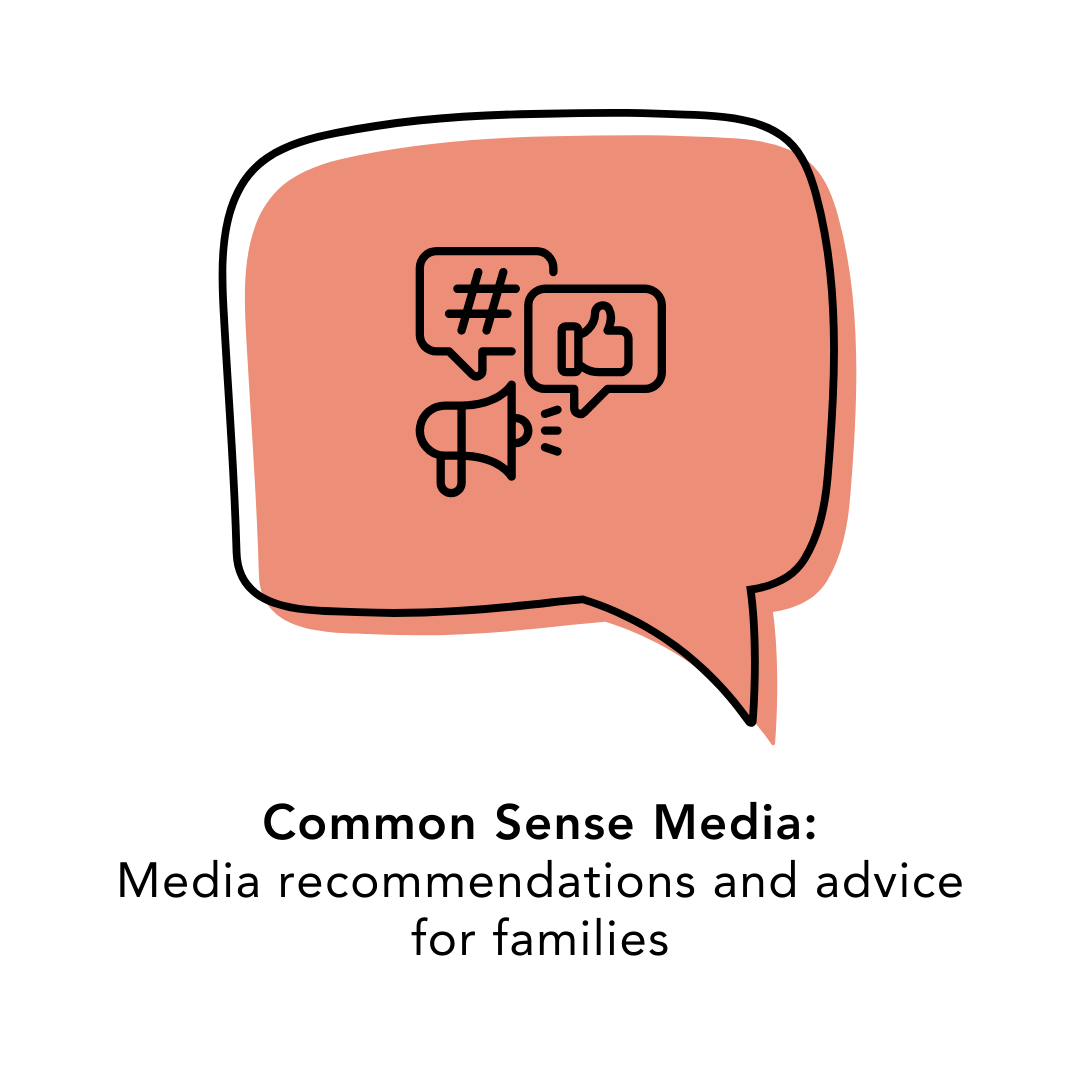Sharing Nudes
Sharing nudes can be a normal part of exploring body and sexuality for young people, but it comes with risks. Before sending a nude, it's important to consider whether you feel pressured, if the recipient can keep it private, and whether you can avoid showing your face or identifying features. Contrary to some beliefs, sharing nudes of yourself when under 18 is not illegal if done consensually and privately, and with someone close in age, due to the ‘private use exception’ law. However, no matter what your age is, sharing someone else's nude image without consent is illegal, violating their privacy and potentially causing significant emotional harm. Non-consensual sharing can lead to serious legal consequences.
Resources
Sextortion - Online Sexual Exploitation and Abuse
Sextortion is a form of blackmail where someone threatens to share a sexual image or video of a person unless they pay or provide more sexual content. After a brief exchange, sextorters convince their victims to send sexual content. Once they receive the images, they make demands, often threatening to leak it to friends or family. They may demand additional sexual photos and/or significant sums of money in the form of gift cards. Sextorters will try to intimidate victims, such as targeting their friends or threatening to contact schools and media. If someone is being sextorted, they should stop communication, document the threats, avoid compliance, block the perpetrator, and seek help from a trusted adult or authorities. Report sextortion to CYBERTIP.CA
Resources
Tips for Online Safety
Online safety is a challenging area to keep up with! Here are a few guidelines to help you keep your child safe. Some of the risks of youth being online are sharing nudes (Sexting-link) and sextortion (link). Here are a few ways to keep your kids safe.
- Monitor Social Media and Online Activity: Be aware of what platforms your child is using. Have locations turned off. Set social media time limits. Regularly monitor their “friend” activity to ensure they only add people you approve of to their social media.
- Talk about Porn: The average age for seeing pornography online is 12 years old and many kids see it accidentally. Pornography promotes unhealthy portrayals of relationships and bodies. Click here for more information on this topic (hyperlink to pornography section).
- Mental Health & Body Image Awareness: Discuss the impact of social media on body image, helping kids develop a healthy self-esteem. Regularly check in with kids about their feelings and experiences online, ensuring they know they can talk to you if they need help.
- Privacy and security: Teach kids to create strong, unique passwords and not to share them with anyone. Ensure “location” is turned off on all apps.
Resources
